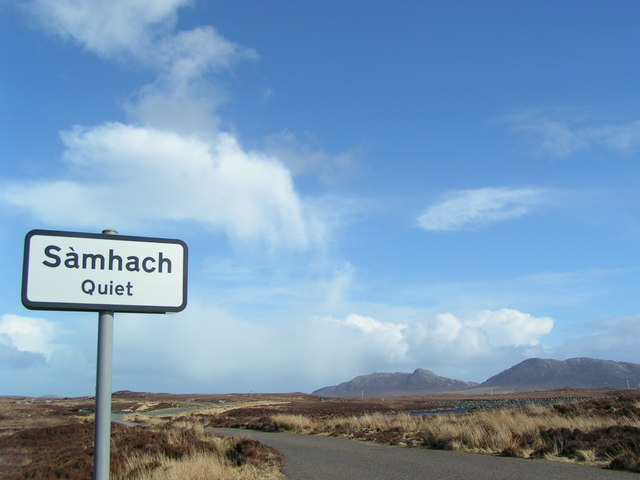Do you know when to lie down?
 Thursday, May 29, 2014 at 10:01AM
Thursday, May 29, 2014 at 10:01AM 
Earlier this month I went to the 152nd Highland Games in Victoria BC. Arriving early we had excellent seats to watch the Border Collies work. I’ve seen these dogs in action on huge sheep properties in Australia and admired their skill and enthusiasm. Their talents, demonstrated in the video called Power of the Border Collie, are:
- Speed
- Concentration
- Focus
- Patience
- Persistence
Word count: 374 Reading time: 1-2 minutes
As I watched them at the Games, I thought of how their work was like a writer’s.
- Writers need speed when attempting a NaNoWriMo challenge or simply trying to make an editorial deadline.
- Swearing off the distractions of the internet and other social temptations is only possible by the sheer force of concentration.
- Without focus, novels ramble and become weighted down by too many characters and random actions. Finding Focus in Your Fiction by the Literary Corner Café discusses the pitfalls of unfocused writing.
- Patience, and a lot of it, is needed in the editing phase. Watch the Border Collies as they herd—they don’t run the entire time. Sometimes they seem to almost tiptoe around the mob. Other times they simply lie down and strong eye the stock.
- Persistence—have I mentioned the need for this in writing before? Persistence is what carries me beyond the prosaic dull words that first fly off my fingers. It leads me to the occasional moment of that’s it! That’s what I’m striving for. Tobias Wolff said it best: “We are made to persist. That’s how we find out who we are.”
Of all these virtues, for me patience is the most difficult one. I want to chase those sheep until they’re rounded up and through the gate but that’s not how life works. Watch this champion dog Nell as she lies down and nudges the sheep to her will. Sometimes I need to just back off and strong eye my manuscript. Look for the stray story lines and extraneous characters that are cluttering up the scenes.
What is the hardest part of the writing discipline for you? Are you impatient? Do you focus on word count while giving character and plot development less time than they deserve? Do you need to get in front of your work, lie down, and give it the strong eye?
***
Photo from Wikimedia Commons: Sheep & Sheep Dog by Rosendahl
 152nd Highland Games,
152nd Highland Games,  Border Collies,
Border Collies,  Highland Games Victoria BC,
Highland Games Victoria BC,  Literary Corner Cafe,
Literary Corner Cafe,  NaNoWriMo,
NaNoWriMo,  Power of the Border Collie,
Power of the Border Collie,  Rosendahl,
Rosendahl,  Sheep and sheep dog,
Sheep and sheep dog,  Tobias Wolff,
Tobias Wolff,  patience in writing,
patience in writing,  persistence,
persistence,  persistence in writing in
persistence in writing in  Editing,
Editing,  Editing fiction,
Editing fiction,  Persistence,
Persistence,  Persistence in writing,
Persistence in writing,  The hardest part of writing,
The hardest part of writing,  Writer's journey,
Writer's journey,  Writing habits
Writing habits 


